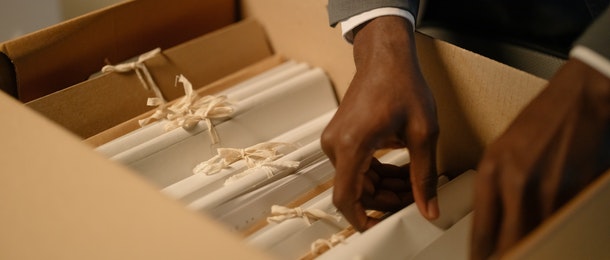SMSF auditors with long-standing clients should have documentation in place to demonstrate they are still maintaining their independence, as well as limits to ensure those individuals do not make up a disproportionate amount of fee income, an audit specialist has stated.
Auditors Institute South Australian director Steven Russo said no limits have been set for how long an SMSF auditor should retain a client before questions might be asked regarding their independence, but defining the nature of the relationship can address those concerns.
“There is no prescribed time and the ATO or ASIC (Australian Securities and Investments Commission) will probably put a two or three-year time frame on it, but that is an extreme view,” Russo said during a webinar hosted by the institute today.
“I am in a firm where we have multiple SMSF registered auditors and so a four to five-year rotation is what I would like to see, but if you’re a sole practitioner, that’s not easy to do given coming by audit clients is somewhat hard.
“You need to assess your own objectivity and independence on a year-to-year basis is the general answer to that question.
“If you can demonstrate you are independent in fact and appearance where you have long-standing clients and a regulator came along, I would like to see some evidence on file that you don’t have any relationships other than the professional one.
“If you’ve never spoken to that particular trustee outside of your professional relationship and can demonstrate that, I would be comfortable in my mind and accept that.”
He noted where an auditor only deals with a trustee’s tax agent, accountant or fund administrator, but not the trustee, any long-standing relationships with other professionals should also be assessed, particularly if they skew the fee income received by the auditor.
“Where I have had tax agents or accounting practices referring work to me, I ensure it never constitutes more than 5 per cent of my total fee revenue,” he said.
“If I had a tax agent or another accounting practice providing me with more than 20 per cent of my fee base for more than three to five years, then I would ask myself the question: ‘In appearance, could this tax agent or this firm have some undue influence on my decision-making?’
“That’s the question all auditors need to ask themselves and if the answer is there could be some apparent challenge to their independence, put things in place to avoid that situation, either by not accepting the fund or rotating them or put in place a barrier or a limit of 5 to 10 per cent of the fee base coming from one particular source.”




